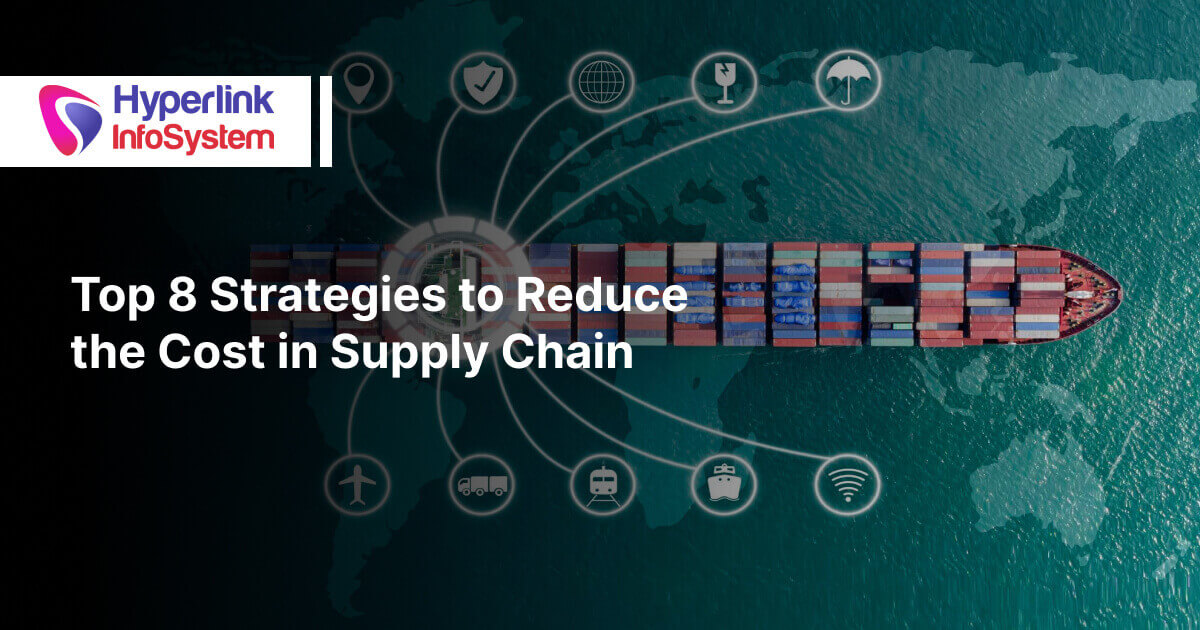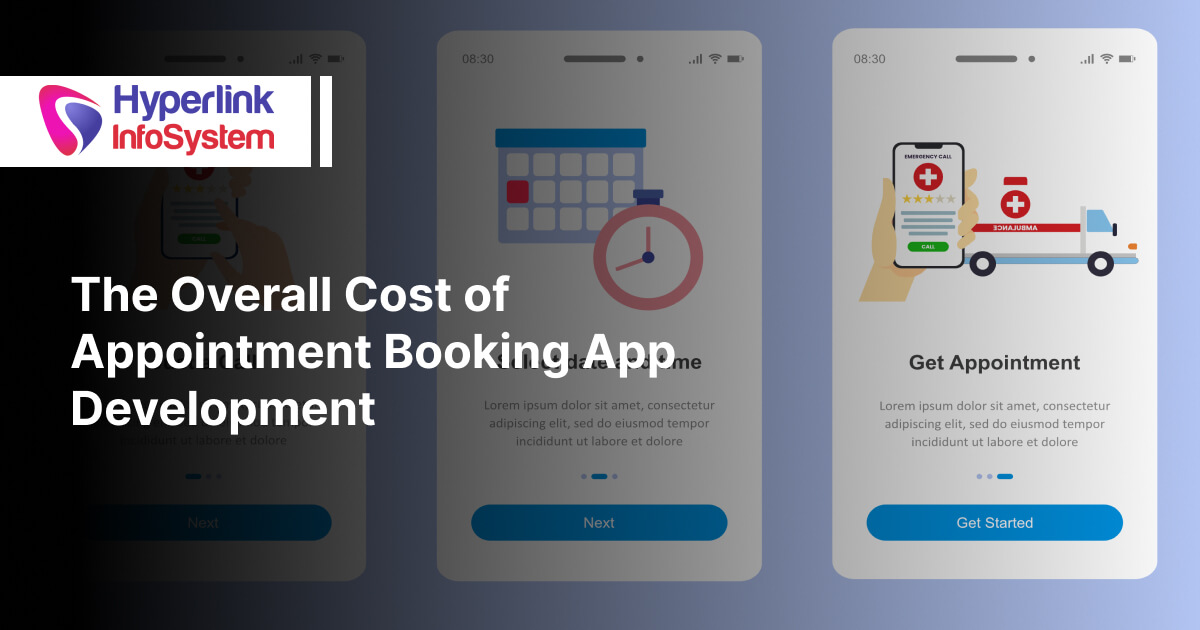Open Source Customization
Develop Amazing Solutions With Easy To Modified Programs
Open-source solutions are based on that source that can be modified and used publicly and for free. Open-source promotes the exchange of ideas and collaboration. Therefore, on a technical level, a final result will always be achieved better than the starting point product. In fact, the FSF - Free Software Foundation, dictates different essential aspects between users: freedom of use, modification, distribution of the software and its modified versions.
You have to keep in mind the difference between open-source and free software. Despite being both freely distributed, open-source software allows access to the original code, unlike free software.
Taking these previous notions about open-source, what can the use of this type of software offer to companies?
- Economic factor. This is one of the main reasons why many companies, especially SMEs and startups - although currently many large companies are betting on open-source, such as Microsoft. The fact of being able to use software without having to make a large outlay is a very attractive aspect.
- Flexible, adaptable and customizable. After the decision to opt for an open-source program, the fact of being able to fully access its source code allows many companies to choose to customize said code, adapting it to their specific needs.
- Transparency and security, thanks to the knowledge of the source code of the software itself.
- Use, modification and distribution. Which allows us to use it on any number of computers, customize it, and even distribute it later.
- Open-source software has great support from the developer community, who fix bugs, improve product stability, etc.
- The scalability is a key factor since the software can grow as the company grows.
- Variety. There are endless alternatives; open-source programs to meet the needs, especially of SMEs or startups.
Freedom in relation to the use of the software. A handicap when choosing a payment tool is being tied to it - by financial outlay and infrastructure, an aspect that does not occur with open source.
As we can see, there are many advantages offered by the use of open-source software, many professionals dedicated to the improvement of these tools, and many companies - large or small - those that are committed to open-source technology.
Code Reusability
A huge amount of effort can be saved in the implementation of a project by using components and plugins that have already been programmed. A project for a web application based on Symfony from the so-called bundle system of the leading PHP framework. Complete user management from registration to login function to password reset, including any processes in the background, can be implemented by the FOSUserBundle. Compared to a completely new development of this functionality, the integration and configuration of this bundle can be implemented in a fraction of the time. The Symfony bundles contain all the necessary data and information about the functionality of the respective function, are independent but can be combined with one another. Therefore, several bundles can be used within one project without any problems. In comparison to completely new development, a high level of functionality can be created in a shorter development time.
Many open source solutions have their own marketplaces or so-called extension stores. They have extensions ranging from small plugins for standard functions to complex interfaces. These platforms provide a multitude of reusable functions. These plugins are also fully programmed function extensions that often only need to be installed and configured. Anyone can view the source code and submit improvements. This enables security gaps and malicious code to be identified and closed more quickly. By developing appropriate interfaces, open-source solutions guarantee compatibility with third-party systems and seamless integration into existing IT infrastructures.
Hyperlink InfoSystem supports open source and free software initiatives, which is why we provide monitoring, outsourcing and systems administration services, and even incident management. On the other hand, we take care of integrations that respond to the needs of companies, support for installation and implementation, etc. At Hyperlink InfoSystem, we collaborate with the free software community and with the development of tools available under open licenses.
What Are We Different?
Relying On Research
Our analysts conduct market and product research. We choose the best solutions and offer our own. We agree with the client, and then we develop the app. After the launch, we do not abandon the client, but rather, we continue to support the app.
We Create Quality Code
High-quality code can be maintained for a long time and painlessly. Hyperlink InfoSysytem, has a framework that enables our clients to save on code support, implementation of new features, and adaptation to new technologies.
We Test All Scenarios
We have fans of their craft who will not be able to fall asleep if there is not enough pixel in the corner of one screen in the application. We kill all bugs, test all scenarios. Our QA department will give an answer to any question in the format: "What happens if ...". To do this, they write special guides and checklists.
Understanding The Complex Scenario
We know how to do technically complex projects: services that interact with sensors and devices. With over eight years of experience developing mobile apps for small and medium enterprises as well as large organizations, we have developed app across multiple industries of varying complexities and functionalities.
Always In Touch
We care. We keep the client informed of the process: we agree on the documentation and layouts, include them in all tasks, and give access to the bug tracker. We do not have situations when a manager has gone on vacation, and the customer does not understand what is happening on the project.
Technologies We Work on
Process We Follow
1. Requirement Gathering
We analyze the requirements with the clients to understand the functionalities to combined into the app. This process allows us to form a development plan and transform the client's thoughts into an efficient and functional app.
2. UI/UX Design
Our developers use efficient UI trends to design apps that are not only pleasant to the eye but also intuitiveness and flexible. Our applications do not only complete the needs of our clients but also are simple and convenient to the end-users.
3. Prototype
We develop a preliminary visualization of what the mobile app would look like. This helps to generate an idea of the appearance and feel of the app, and we examine the users' reactions to the UI and UX designs.

4. Development
Our team of experts in Native, Hybrid, and Cross-Platform app development, using languages such as Swift, Kotlin, PhoneGap, Ionic, Xamarin, and more to produce high-quality mobile apps for the various operating systems.
5. Quality Assurance
We have a team of developers who carefully test every app to ensure that they provide an excellent user experience and meet the requirements of our clients. Apps developed by our development team are bug-free because they perform through a series of experiments before deployment.
6. Deployment
We follow the best practices when deploying our apps on different app stores, where they can be easily noticeable to considered users.
7. Support & Maintenance
All digital solutions need development. The deployment of an app is not the ultimate stage. Even Post-deployment, we work with our clients to offer maintenance and support.
Process We Follow
Latest Blogs
Explore the Latest Blogs on Trends and Technology.
 +1 309 791 4105
+1 309 791 4105

























































 +91 8000 161161
+91 8000 161161
